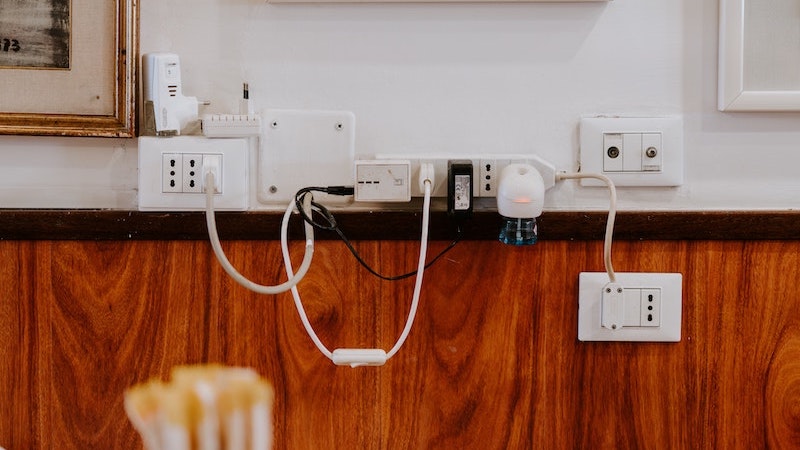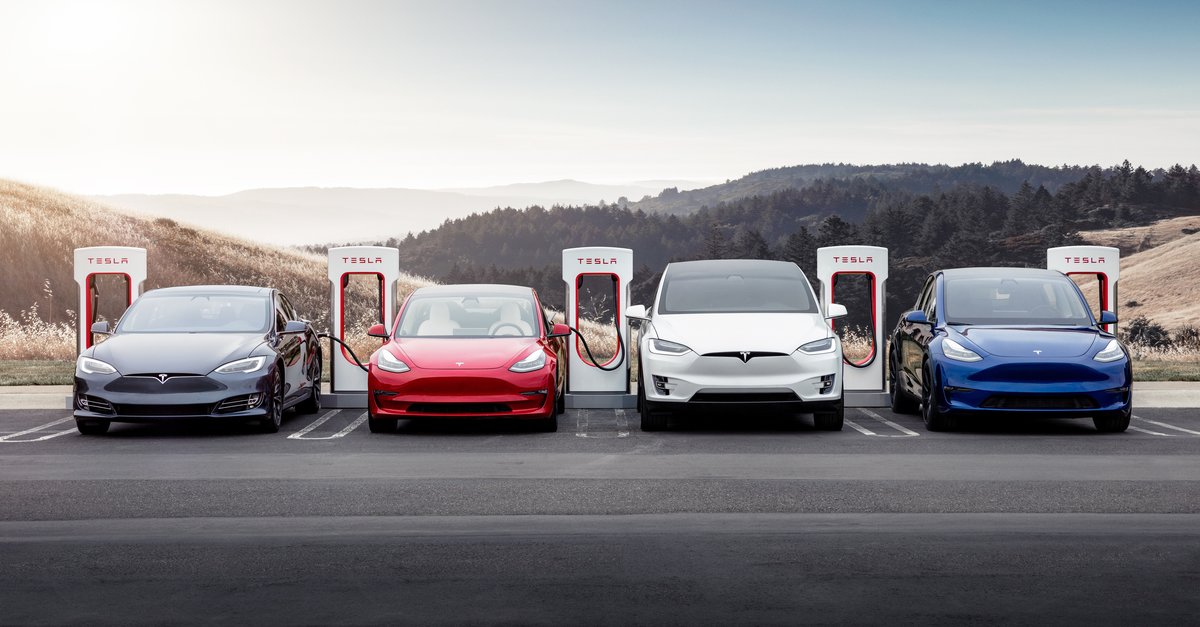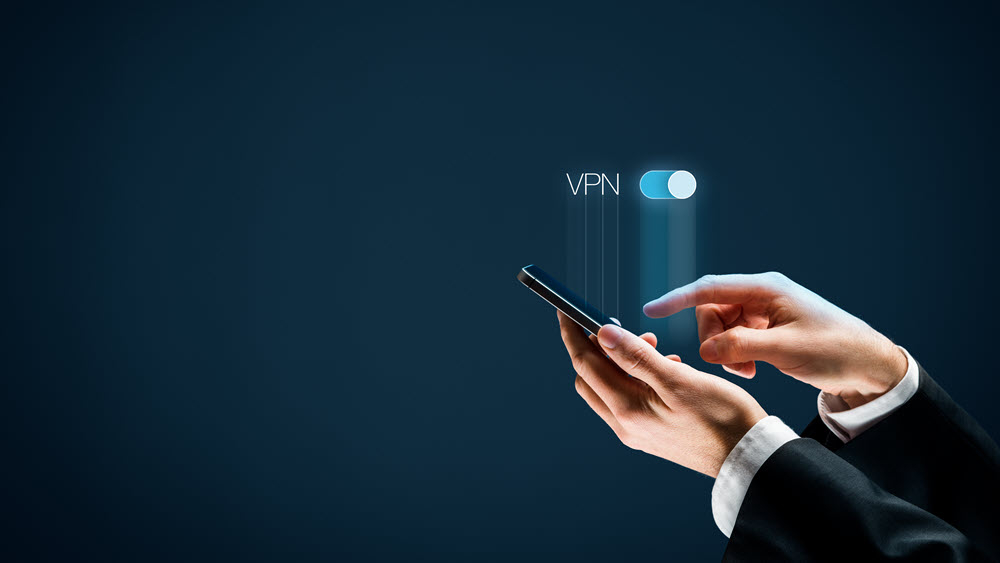Federal Network Agency warns of questionable products
The Federal Network Agency is currently warning against the purchase and use of certain energy-saving devices. In the test, the authority found significant deficiencies in various products.
Falling temperatures and rising energy prices are forcing many Germans to save electricity. Some turn off the light directly, others try to help themselves with alternatives such as so-called energy-saving devices.
Contents
Energy-saving devices: Federal Network Agency finds deficiencies
Many providers promise that the electricity bill will decrease significantly by using such devices. the Federal Network Agency checked this, however, and found numerous formal deficiencies. “Given the state of the art, the energy saving effects of such devices are questionable,” says Klaus Müller, President of the Federal Network Agency.
Can the current flow be reduced by energy-saving devices?
The devices tested by the Federal Network Agency are intended to stabilize the flow of electricity in the household and thus lead to a low electricity bill.
The manufacturers advertise products, for example, as “energy and electricity saving box”, “electro saving box” or as “energy saving device”. They promise that consumers would simply have to plug such a device into the socket.
Energy-saving devices: Defects in components and soldered connections
As a test, the authority bought the energy-saving devices online outside the EU. During use, it was noticed that the components had not been connected professionally. In addition, some solder joints were missing.
In addition, the tested devices had, among other things, false CE markings, did not contain a German operating manual and did not identify any contact persons. In the event of damage, consumers could therefore not assert any warranty claims.
Authority wants to stop import of defective products
The Federal Network Agency carries out regular checks on electronic devices and radio products. There is also intensive cooperation with the customs authorities in order to stop non-compliant products at the EU’s external border.
Because although they are no longer allowed to be offered and receive market-restricting measures, they still reach consumers again and again.
Buying online: tips for consumers
The Federal Network Agency has put together some tips to ensure that consumers do not fall for unauthorized product providers when buying online:
- Only order from reputable and well-known sources. Consumers should inform themselves about the providers before buying, for example via the consumer advice center or the Stiftung Warentest.
- Check EU address. There must be an EU address on the products as well as on or in the corresponding packaging, via which users can contact the manufacturers.
- Check terms and conditions. The information on general terms and conditions as well as cancellation and return instructions must be available.
- Check product description. Products must contain German instructions.
- price check. Compared to competitors, the price should be plausible.
- Seller: in contact. If providers are reputable, they should answer consumers’ questions quickly.
- plug check. Users should make sure that the plug type of the product is also available in Germany.
Not all energy saving products are bad
However, the Federal Network Agency also emphasized in its announcement that it does not issue the warning for efficient energy-saving lamps, energy-saving thermostats or similar products. They comply with European requirements and enable real energy savings.
“It is the order of the day that we save energy,” said Bundesnetzagentur President Müller. “And there are numerous excellent tips on how to do this, for example from the consumer centers or the Stiftung Warentest.”
Also interesting:



